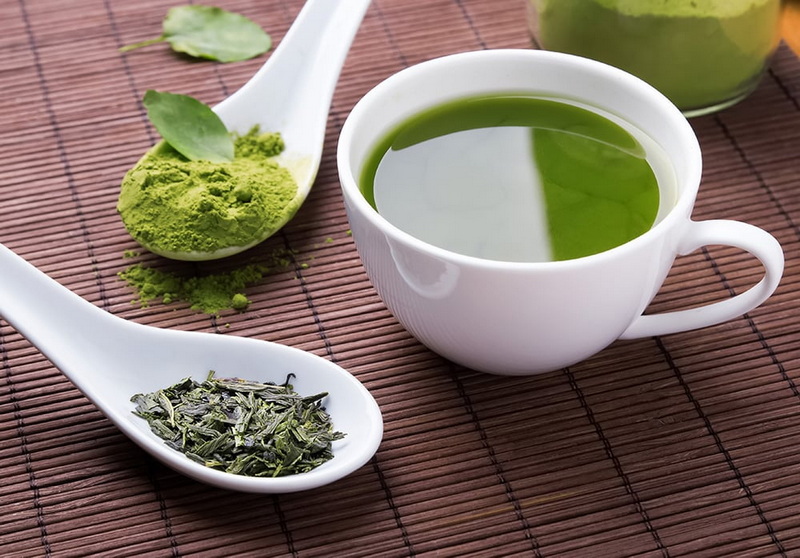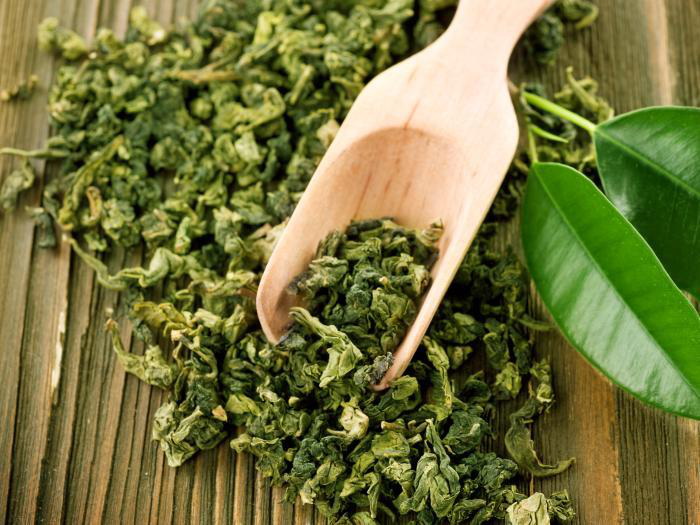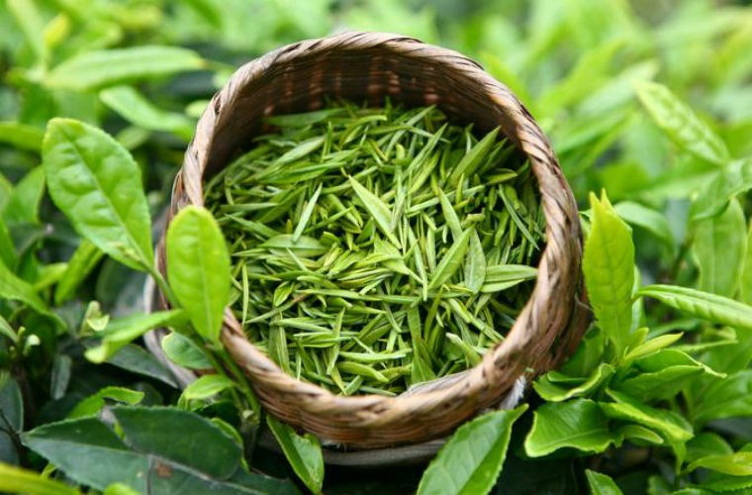Content Menu
● Understanding Green Tea Leaf Extract
>> Health Benefits
● Potential Toxicity of Green Tea Leaf Extract
>> Liver Damage
>> Gastrointestinal Issues
>> Caffeine Sensitivity
● Who Should Avoid Green Tea Extract?
● Regulatory Actions and Recommendations
● Safe Consumption Guidelines
● Conclusion
● FAQ
>> 1. What are the symptoms of liver damage from green tea extract?
>> 2. Is it safe to consume green tea leaf extract daily?
>> 3. Can pregnant women take green tea extracts?
>> 4. What is the maximum recommended dose for EGCG?
>> 5. How does caffeine in green tea affect health?
● Citations:
Green tea, derived from the leaves of Camellia sinensis, has gained immense popularity due to its numerous health benefits, including antioxidant properties, weight loss support, and potential cardiovascular benefits. However, concerns regarding the safety of concentrated forms of green tea, particularly green tea leaf extract, have emerged. This article explores the toxicity of green tea leaf extract, examining its potential risks and side effects.

Understanding Green Tea Leaf Extract
Green tea leaf extract is a concentrated form of green tea that contains high levels of catechins, particularly epigallocatechin gallate (EGCG). These compounds are believed to be responsible for many of the health benefits attributed to green tea. However, concentrated extracts can lead to side effects not typically associated with moderate consumption of brewed green tea.
Health Benefits
Before delving into the toxicity concerns, it is essential to acknowledge the health benefits associated with green tea:
- Antioxidant Properties: Green tea is rich in antioxidants that combat oxidative stress and inflammation. These antioxidants help neutralize free radicals in the body, potentially reducing the risk of chronic diseases.
- Weight Management: Some studies suggest that green tea extract can aid in weight loss by enhancing metabolic rate. The catechins in green tea may increase fat oxidation and improve insulin sensitivity.
- Heart Health: Regular consumption may lower cholesterol levels and improve heart health. Research indicates that green tea drinkers have a reduced risk of heart disease and stroke.
- Cancer Prevention: Certain studies indicate that green tea may reduce the risk of various cancers due to its high antioxidant content. The protective effects are thought to stem from EGCG's ability to inhibit tumor growth and metastasis.
- Brain Health: Emerging research suggests that the bioactive compounds in green tea may support brain health and reduce the risk of neurodegenerative diseases like Alzheimer's and Parkinson's.
Potential Toxicity of Green Tea Leaf Extract
Despite its benefits, excessive consumption or misuse of green tea leaf extract can lead to serious health issues. Here are some key points regarding its toxicity:
Liver Damage
One of the most concerning aspects of green tea leaf extract is its potential to cause liver damage. Reports have linked high doses of EGCG (often found in supplements) to hepatotoxicity. Symptoms of liver damage may include:
- Yellowing of the skin or eyes (jaundice)
- Nausea and vomiting
- Abdominal pain
- Dark urine
- Fatigue
Several case studies have documented instances where individuals experienced acute liver failure after consuming high doses of green tea extract supplements. For example, a weight-loss supplement containing green tea extract was withdrawn from the market following reports of liver injury. The mechanism behind this toxicity is still being studied, but it is believed that excessive catechin intake may induce oxidative stress in liver cells.

Gastrointestinal Issues
High doses of green tea extract can also lead to gastrointestinal problems such as:
- Nausea
- Diarrhea
- Stomach cramps
- Constipation
These symptoms are often exacerbated when the extract is taken on an empty stomach. Individuals sensitive to caffeine may also experience increased gastrointestinal discomfort due to the stimulant effects.
Caffeine Sensitivity
Green tea naturally contains caffeine, which can cause side effects like anxiety, insomnia, and heart palpitations in sensitive individuals. While brewed green tea typically contains lower caffeine levels compared to coffee, concentrated extracts can deliver significant amounts of caffeine.
For those who are sensitive to caffeine or have conditions exacerbated by stimulants (such as anxiety disorders), it is crucial to monitor intake carefully. Symptoms related to caffeine sensitivity may include:
- Restlessness
- Increased heart rate
- Difficulty sleeping
- Nervousness
Who Should Avoid Green Tea Extract?
Certain populations should exercise caution or avoid green tea leaf extract altogether:
- Individuals with Liver Conditions: Those with pre-existing liver diseases should avoid concentrated extracts due to their potential hepatotoxicity.
- Pregnant and Nursing Women: High doses of catechins may pose risks during pregnancy and breastfeeding. Some studies suggest that excessive catechin intake could affect fetal development or lactation.
- People Taking Medications: Green tea extracts can interact with various medications, including blood thinners (like warfarin), certain antidepressants, and medications for diabetes. It is essential for individuals on medication to consult healthcare providers before using these supplements.
Regulatory Actions and Recommendations
In light of emerging evidence regarding the risks associated with green tea extracts, regulatory bodies have taken steps to limit their use. For instance:
- The European Food Safety Authority (EFSA) has recommended that daily intake of EGCG from supplements should not exceed 800 mg due to concerns about liver damage.
- Various countries have issued warnings regarding the use of specific weight-loss products containing high concentrations of green tea extract. In some cases, manufacturers have been required to reformulate their products or provide clearer labeling regarding potential risks.
Safe Consumption Guidelines
For those who still wish to enjoy the benefits of green tea without risking toxicity, consider these guidelines:
- Stick to Brewed Tea: Drinking brewed green tea is generally safe for most people and provides a moderate amount of catechins without the risks associated with concentrated extracts.
- Consult a Healthcare Provider: Before starting any new supplement regimen, especially if you have underlying health conditions or are taking medications, consult a healthcare professional for personalized advice.
- Monitor Dosage: If using supplements containing green tea extract, adhere strictly to recommended dosages on product labels. Avoid combining multiple sources of catechins from different supplements or products.
Conclusion
While moderate consumption of brewed green tea is generally considered safe and beneficial for most people, concentrated forms such as green tea leaf extract can pose significant health risks. The potential for liver damage and other side effects underscores the importance of using these supplements cautiously. Individuals considering green tea extracts should consult healthcare professionals to ensure safe usage.

FAQ
1. What are the symptoms of liver damage from green tea extract?
Symptoms may include jaundice (yellowing skin/eyes), nausea, vomiting, abdominal pain, dark urine, and fatigue.
2. Is it safe to consume green tea leaf extract daily?
Moderate consumption is generally safe; however, exceeding recommended doses can lead to toxicity.
3. Can pregnant women take green tea extracts?
It is advisable for pregnant women to avoid concentrated extracts due to potential risks associated with high catechin intake during pregnancy and breastfeeding.
4. What is the maximum recommended dose for EGCG?
The EFSA recommends not exceeding 800 mg per day from supplements due to hepatotoxicity concerns.
5. How does caffeine in green tea affect health?
Caffeine can cause anxiety, insomnia, palpitations in sensitive individuals; moderation is key for those who are sensitive to stimulants.
Citations:
[1] https://www.webmd.com/vitamins/ai/ingredientmono-960/green-tea
[2] https://pubmed.ncbi.nlm.nih.gov/21098339/
[3] https://cot.food.gov.uk/The%20safety%20of%20green%20tea%20catechins-%20first%20draft%20statement
[4] https://www.alamy.com/stock-photo/green-tea-extract.html
[5] https://www.youtube.com/watch?v=7-trYY-b8XU
[6] https://pmc.ncbi.nlm.nih.gov/articles/PMC3746392/
[7] https://www.food-safety.com/articles/8187-due-to-risk-of-liver-damage-eu-limits-green-tea-extract-with-egcg-in-foods
[8] https://www.ncbi.nlm.nih.gov/books/NBK561004/
[9] https://www.freepik.com/free-photos-vectors/green-tea-extract
[10] https://www.youtube.com/watch?v=eMuE16vLV_s
[11] https://www.urmc.rochester.edu/encyclopedia/content?contenttypeid=19&contentid=GreenTeaExtract






























